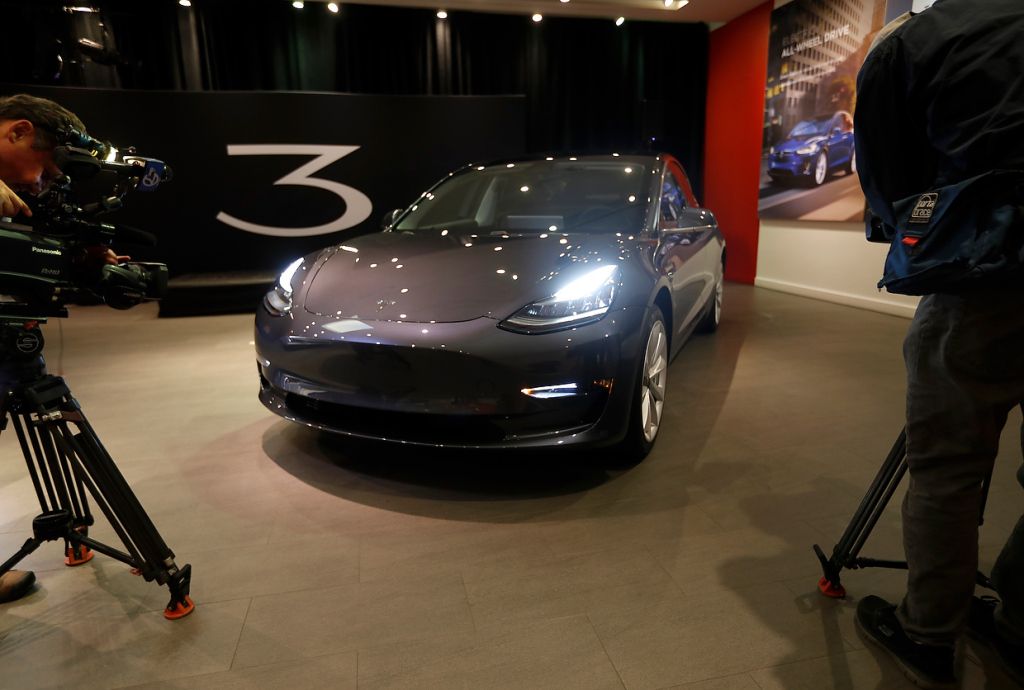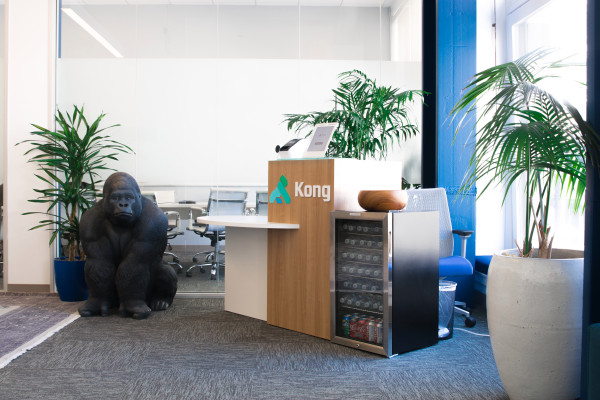Nearly two dozen additional Tesla owners have signed onto a lawsuit claiming the Bay Area car maker’s mass-market Model 3 sedan shares a dangerous glitch with two other models.
The suit, originally filed in January by eight plaintiffs in six states, on Monday expanded to 23 plaintiffs in 11 states. The Tesla owners allege the Palo Alto electric vehicle firm “has been intentionally overlooking a dangerous problem while rushing its vehicles to market.”
While incidents of “sudden un-commanded acceleration” were reported earlier with the company’s Model X SUV and Model S sedan, the alleged problem is now “appearing in the Model 3 as well,” the suit claims.
“A defect causes the Model X, Model S, and Model 3 to accelerate suddenly without prompting from the driver. These vehicles are capable of full power acceleration and achieving high speeds even if no one presses the acceleration pedal.”
Tesla did not immediately respond to a request for comment. But in response to a petition claiming some of its vehicles suffered from such a defect, the company in a January blog post said, “There is no ‘unintended acceleration’ in Tesla vehicles” and that “the car accelerates if, and only if, the driver told it to do so.”
The suit cites 195 complaints to the National Highway Traffic Safety Administration about the purported sudden-acceleration allegedly affecting Tesla cars. Fifty-two of the complaints concerned the Model 3 while 47 concerned the Model X and 96 concerned the Model S, according to the suit, filed in in Central California U.S. District Court.
“I drove my Tesla from work, driving over 35 miles during rush hour of the Bay Area,” said one complaint reproduced in the lawsuit from the administration’s website, purportedly involving a 2013 Model S being parked in a San Ramon driveway in 2018. “Instead of stopping, car sped up at extremely high acceleration,” the complaint said. “It drove through the garage door, hit Maserati parked in the garage, and a motorcycle.”
A December complaint from Los Altos Hills concerned a 2018 Model 3 waiting at a red light, before it purportedly “was propelled forward forcefully, with extreme, intense velocity” and smashed into a large SUV, which smashed into another large SUV. “It was fortunate that 2 heavy SUVs were able to stop the Tesla, which was out of my control,” the complainant told the administration, adding that the airbags went off and the insurer wrote off the Tesla.
Tesla, in the January blog post, said it had discussed sudden-acceleration complaints with the highway safety administration, and “in every case we reviewed with them, the data proved the vehicle functioned properly.”
The Model 3 carried Tesla CEO Elon Musk’s hopes for bringing an electric vehicle to the masses, and the company has sold hundreds of thousands of them, including more than 90,000 it reported delivering in the last quarter of last year alone. The sedan currently starts at $38,000.
Also included in the suit are statements from the plaintiffs detailing their alleged experiences with the three Tesla models.
Los Angeles-area plaintiff Inkie Lee alleged that in July, while driving her 2019 Model X in a parking garage on a shopping trip with her sister, the SUV accelerated at “full power” as she was starting to turn into a parking spot. “She immediately abandoned her attempt to turn into the parking spot and steered her car back into the travel lane of the parking garage in an attempt to avoid hitting other cars” but after hurtling over several speed bumps the Tesla hit two parked vehicles, and Lee was left with a fractured vertebra, the suit claimed. Tesla said Lee’s Model X had “responded correctly to driver-applied inputs,” according to the suit.
Plaintiff Sandy Xia, listed as a resident of California and New York, claimed she was stopped at a red light in February 2019 in her 2018 Model S “when she experienced sudden un-commanded acceleration that caused her to spin 360 degrees multiple times and collide with other vehicles.”
The plaintiffs, who are seeking unspecified damage and an order forcing Tesla to fix the alleged defect, are also seeking class action status, claiming hundreds of thousands of allegedly affected vehicles have been sold and leased in the U.S.










